Bette Buna Taferi Kela
Our farm in Sidamo
When our grandfather Syoum passed away, our grandmother visualized her dream at their 2-hectare coffee farm to us: “Please, make from our farm a home. A place where all community members feel safe, can learn, and work together to grow a beautiful future.”
Our farm is located in Taferi Kela, a remote and isolated kebele in the woreda D’ara Otilicho, far to the South of Sidama, the opposite side of the region to another much more well known woreda; Bensa. Although it is less well known Taferi Kela has all of the same conditions necessary to produce exceptional coffee; high altitude, ideal climate, rich fertile soil, healthy plant life, and most importantly strong community.
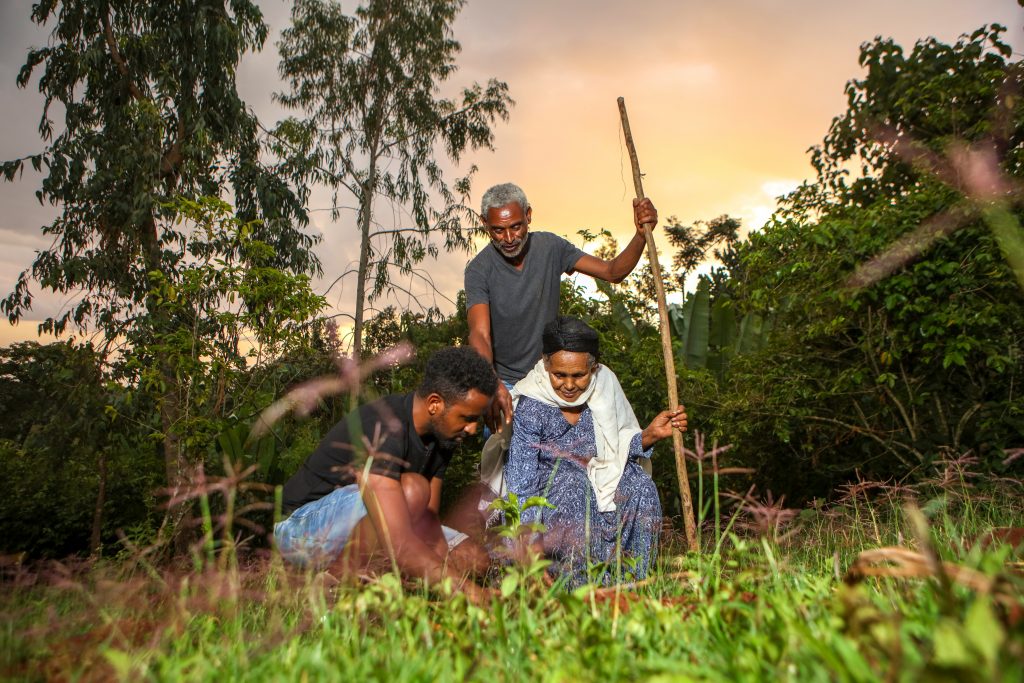
Starting out with our 2 hectare family farm
When we inherited our grandfather’s farm it was already a hub of community and connectivity, a place for people to meet and share stories over coffee and a garden of not just coffee but also other vegetables and fruits, some even eucalyptus and medicinal plants. The farm had been in the family for almost 100 years by the time we took it on so it was incredibly rooted in the local community and that was something we wanted to keep going, but it was only 2 hectares. We knew if we wanted to have impact we needed to grow. The first step was to work with the surrounding small holder farmers. Our little 2 hectare farm was big by local standards, with most farmers owning only half hectare plots. First we approached many of our neighbours, some of them cousins, aunties and uncles and other family members and asked about not only buying their plots but also bringing them into Bette Buna as employees.

Buying land is complicated in Ethiopia
A good legal system was proposed by the government to protect farmers when selling their land. It involved a minimum price for land that had to be met and that the buyer had to agree to pay the farmer any generated profit from that land for the next two years. This piece of legislation was opposed by too many companies and was abandoned, but we adopted it as internal policy at Bette Buna. Ultimately we go beyond that internal policy and aim to bring people security and better prospects by employing them full time and helping them develop professionally. In any case most of the farms we bought and incorporated into ours were ones previously belonging to family members, government land or plots that had been abandoned. On the whole we were successful and people were excited to be part of something growing and ambitious and ultimately happy to have better financial security.
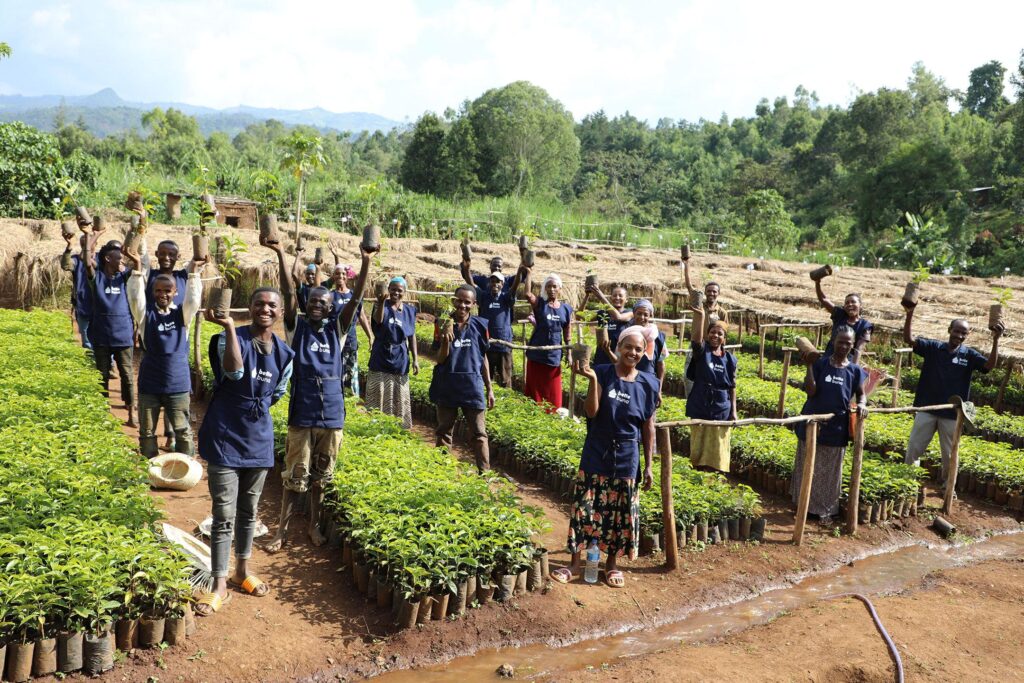
Growing seedlings and growing together
This process of expansion, stitching together small plots and connecting with farmers grew our 2 hectares to 20 by 2023, and now we are in the process of growing those 20 hectares towards our final target of 50. All the while we have been improving not only productivity of the farms by organising them, removing unproductive trees and planting more shade trees. One of the most significant additions is the creation of a coffee tree nursery. Often it can be too expensive for smallholders to buy new varietals or cultivars or arabica, we started a nursery with 20,000 seedlings, by the end of the year we were up to 80,000 seedlings and now today we have over 350,000 seedlings per year. We plant seedlings on our own plots and then with the remainder we give them out to other farmers in the wider community. The remainder after we have planted is over half so as well as benefiting Bette Buna this really allows us to help other farmers.
Rewilding and looking after our natural surroundings
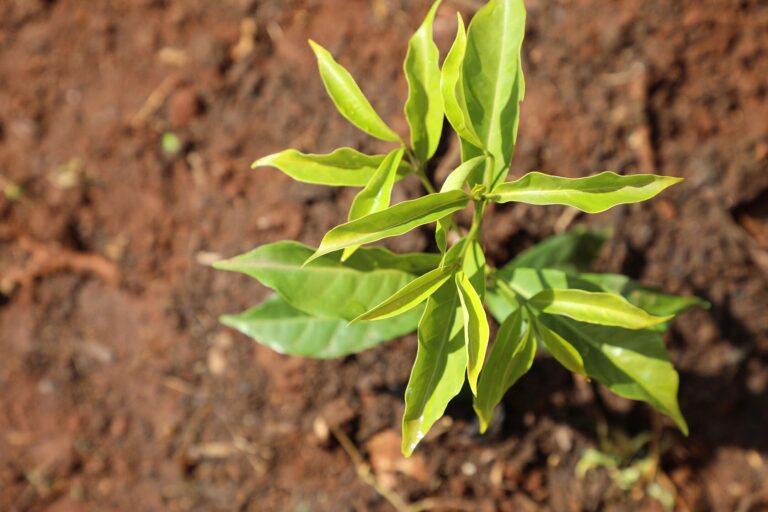
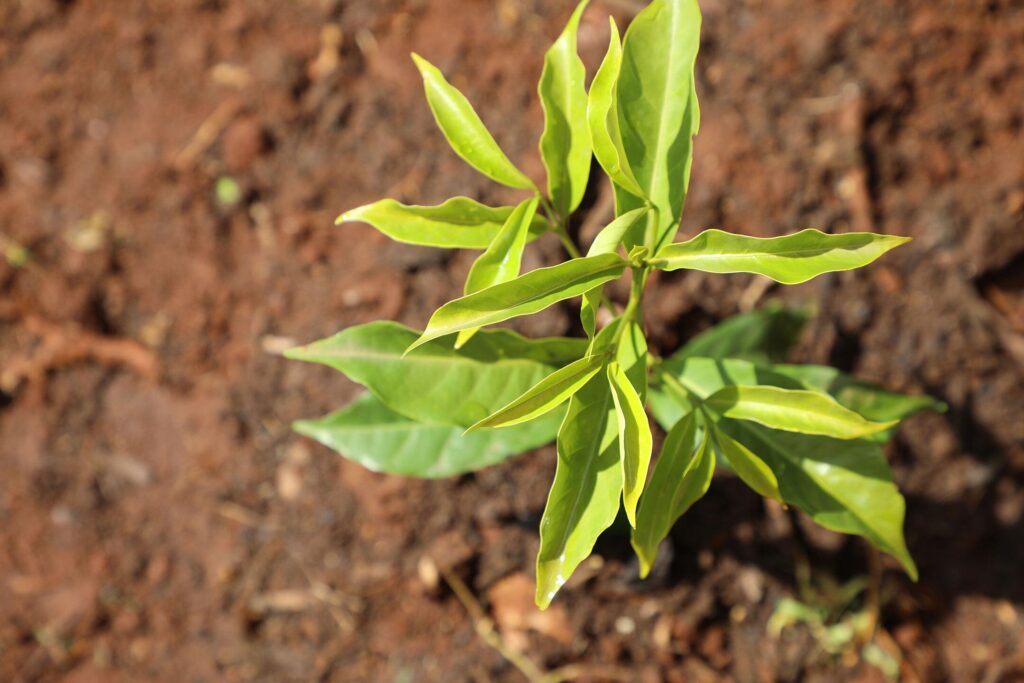
We are proud of what Taferi Kela is today and excited about what it will become tomorrow
Stitching the little plots together to build something sustainable and bigger is good but what we are more proud of is the community we have been able to bring together. Today through the nursery and the farms we have over 60 full time permanent employees, most of the year they work in the nursery but additionally we’ve built a wet mill for processing and drying cherries.
The nursery and the mill allow us to educate people in many of the different skills involved in coffee. We are able to professionalise coffee, teach farmers about cultivation, green harvesting, post harvest processing and have even been able to put some members of our team through formal coffee qualifications. We are growing a business built on quality coffee but we are also building infrastructure and stability in Taferi Kela. Hopefully we are on the right path to fulfilling our grandmother’s dream!
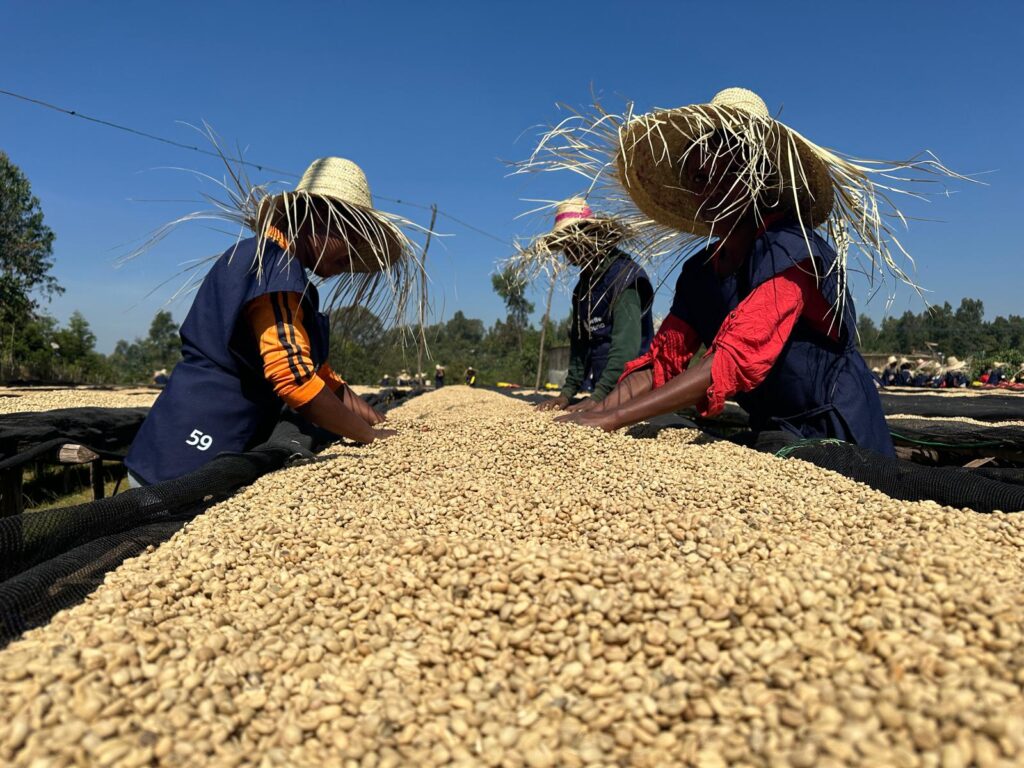
Taferi Kela Farm details
Woreda: D’ara Otilicho
Kebele Taferi Kela
Year of establishment: 1939
Established by: Grandfather Syoum & Grandmother Emame
Current farmers: Dawit & Hester Syoum-Westerveld
Farm team: 60 regular employees
Varieties grown: Enat Buna, JARC 74112 +74158
Altitude: 19880-2100 MASL
Harvest: Nov-Dec

